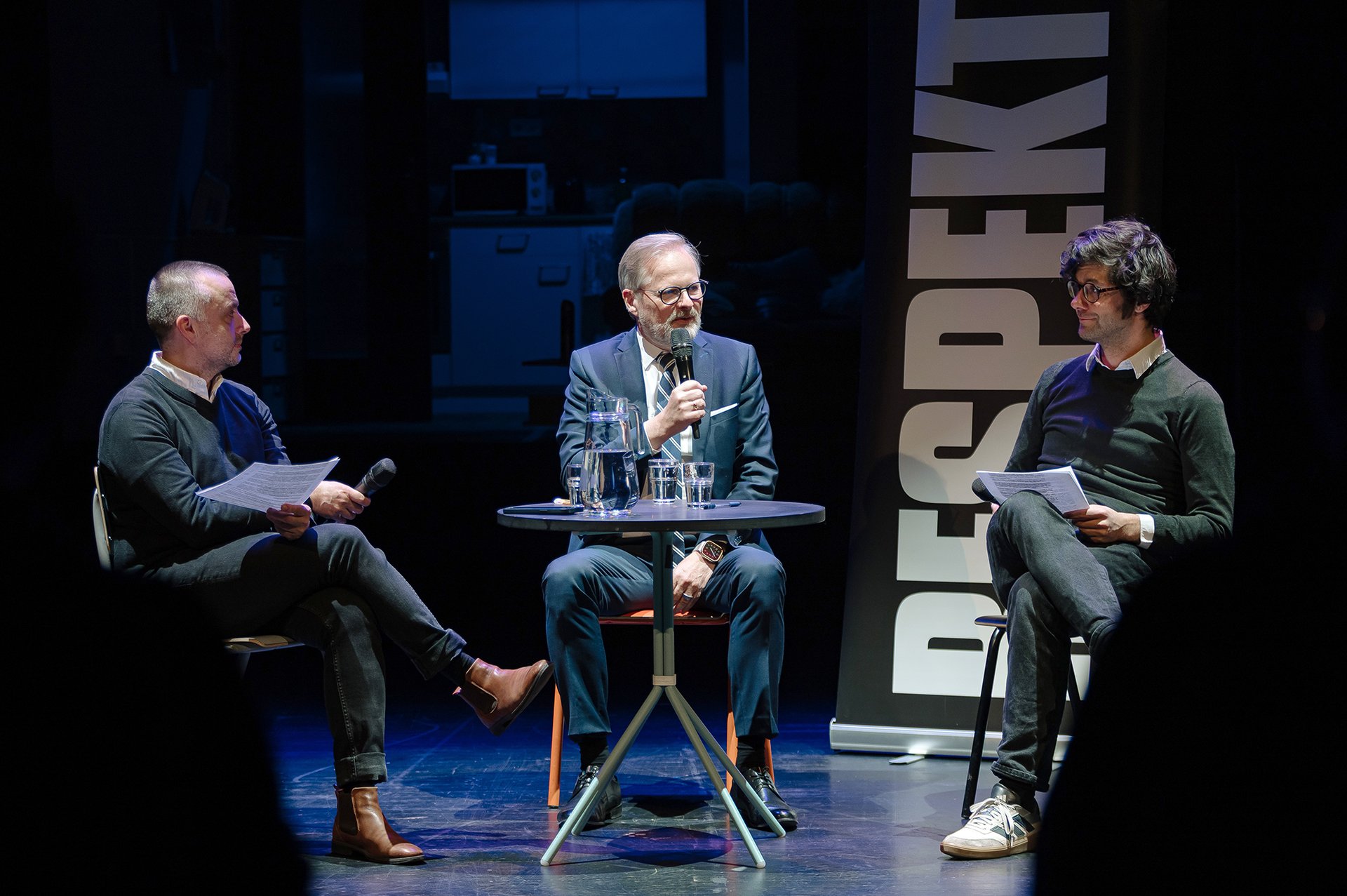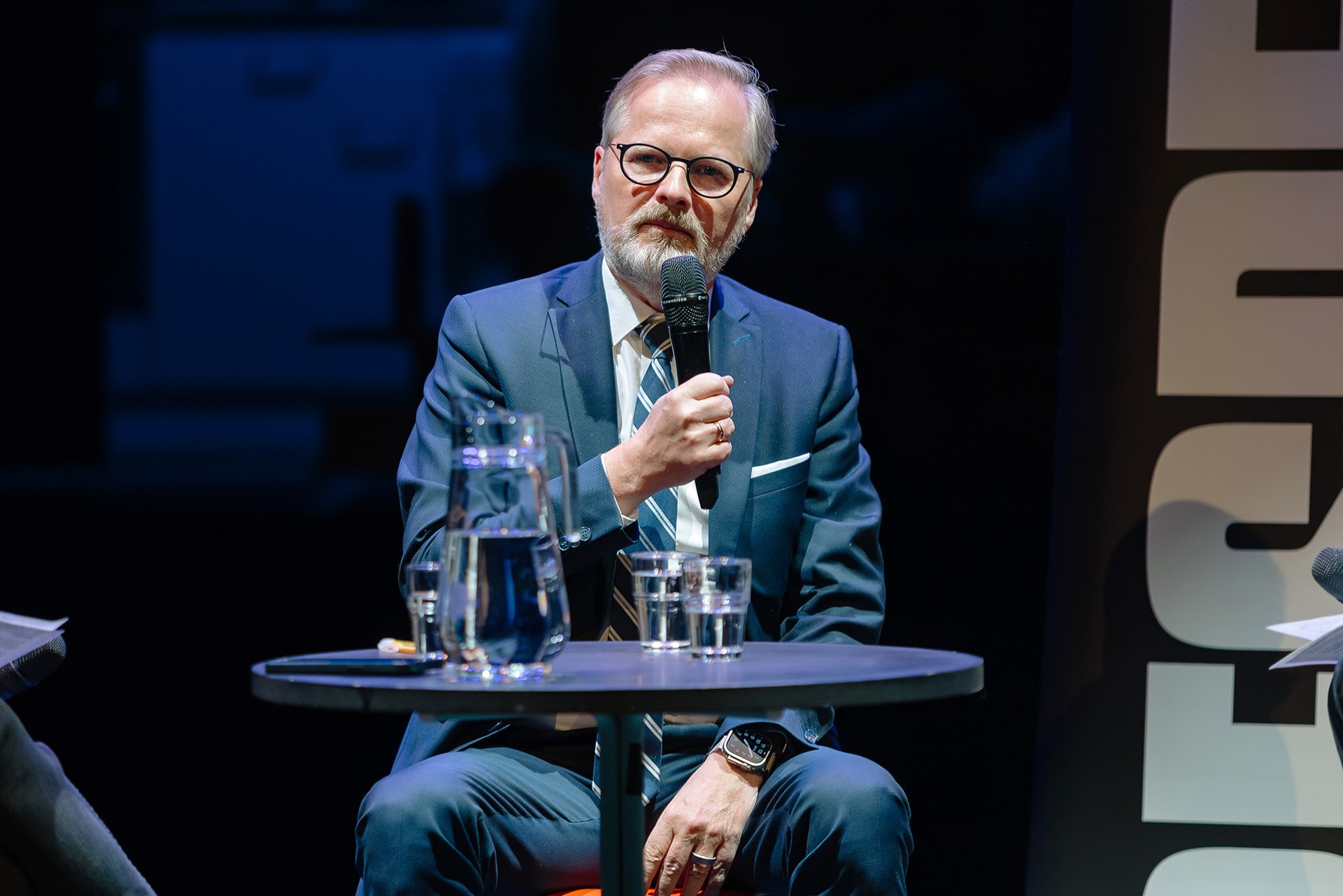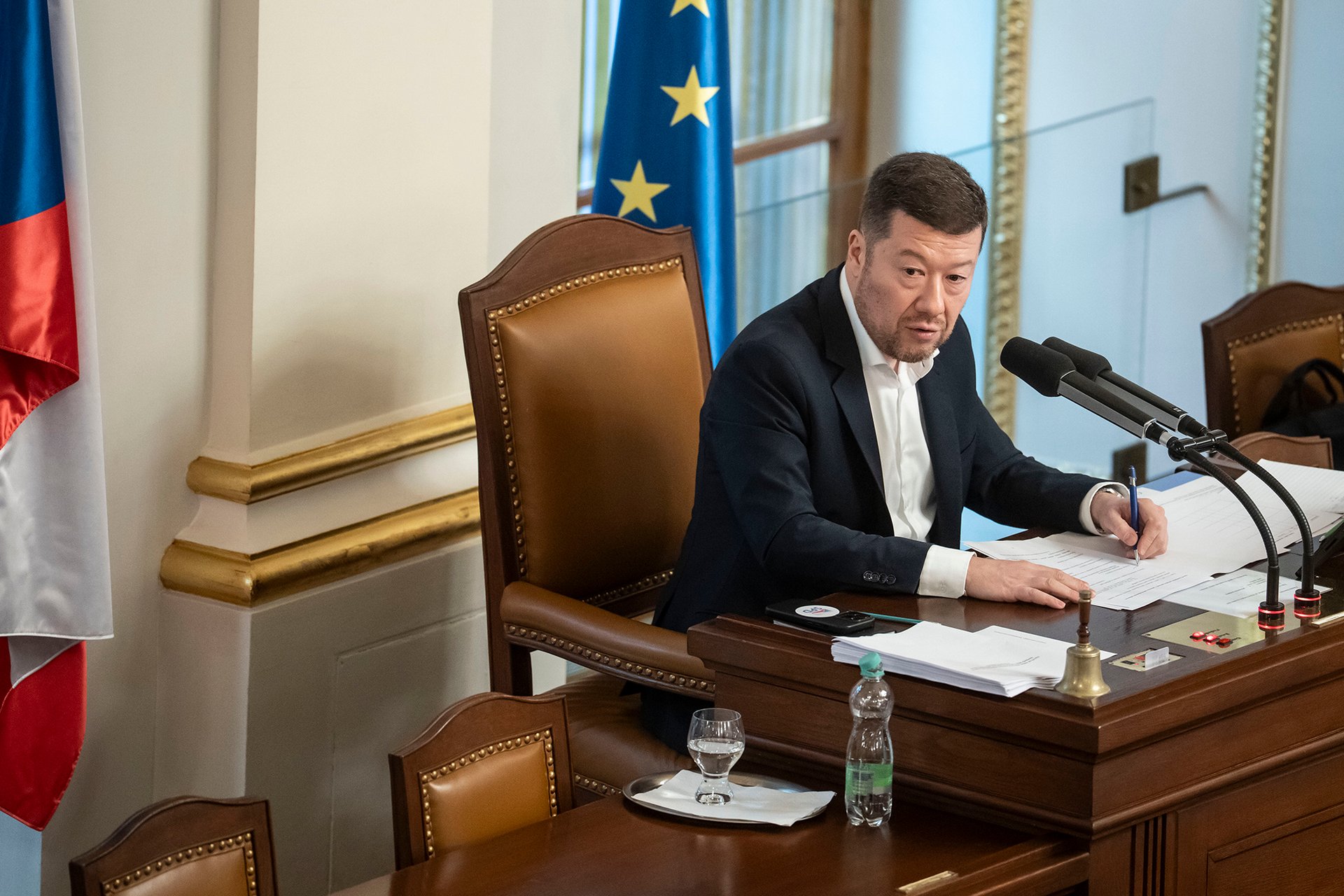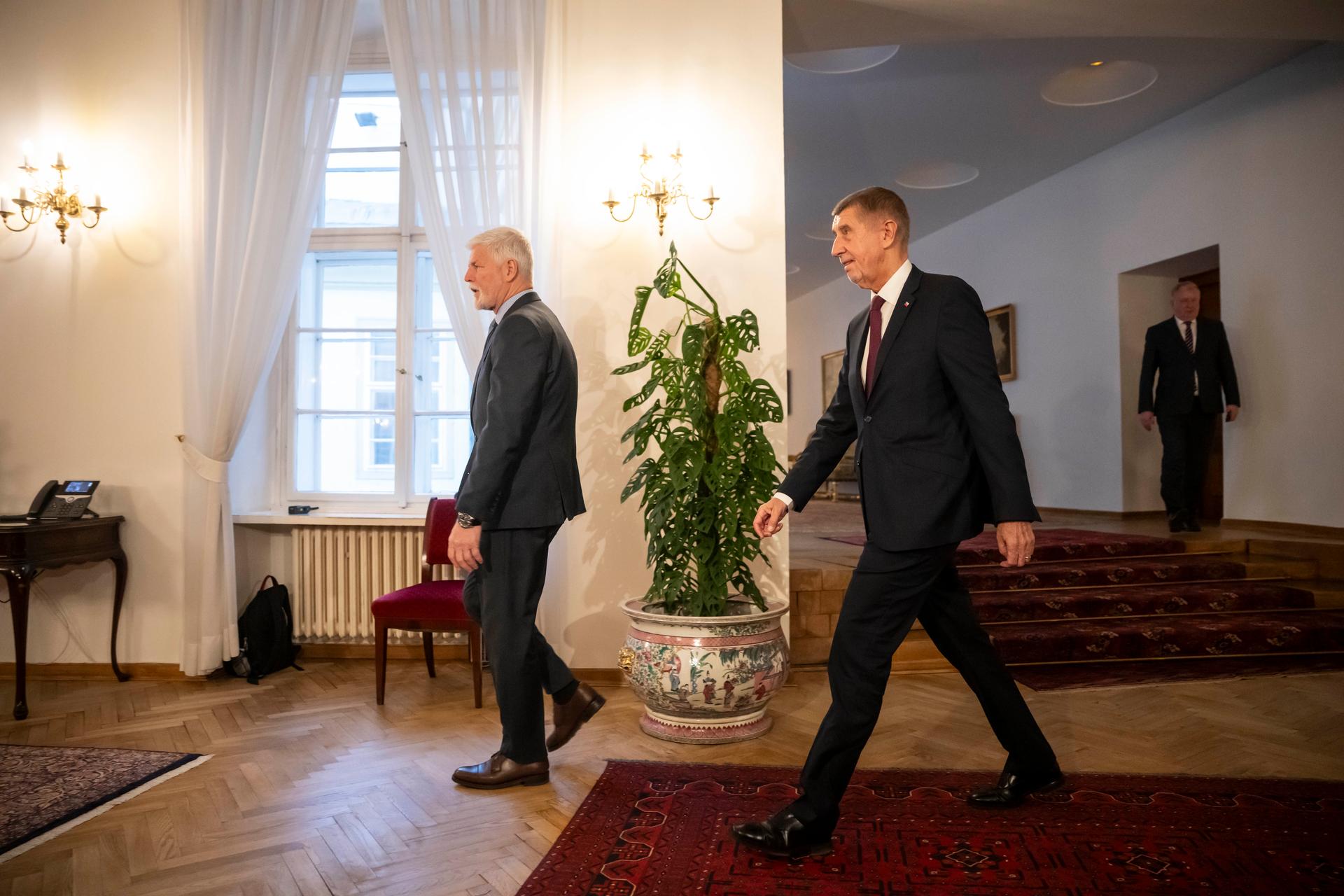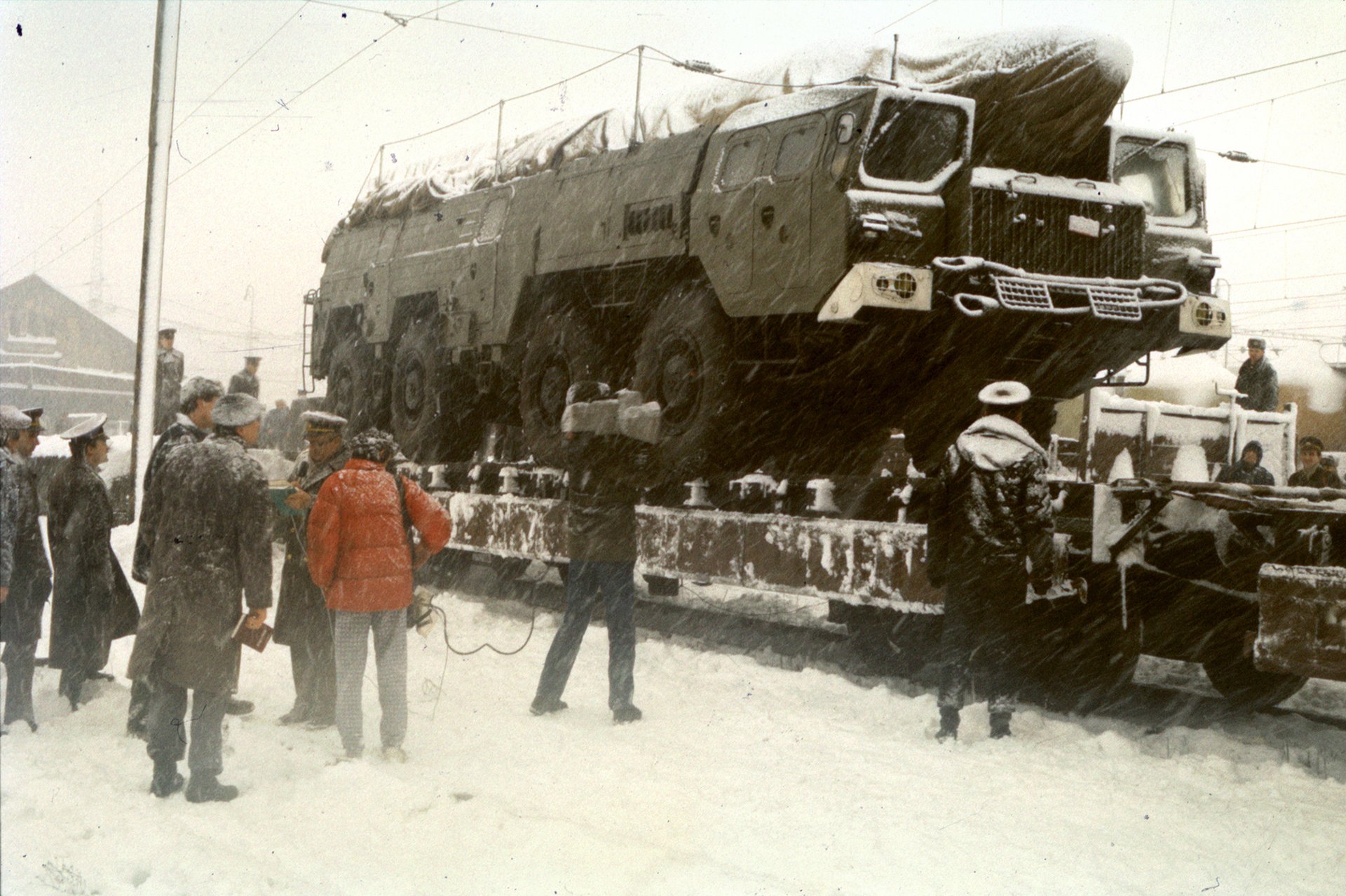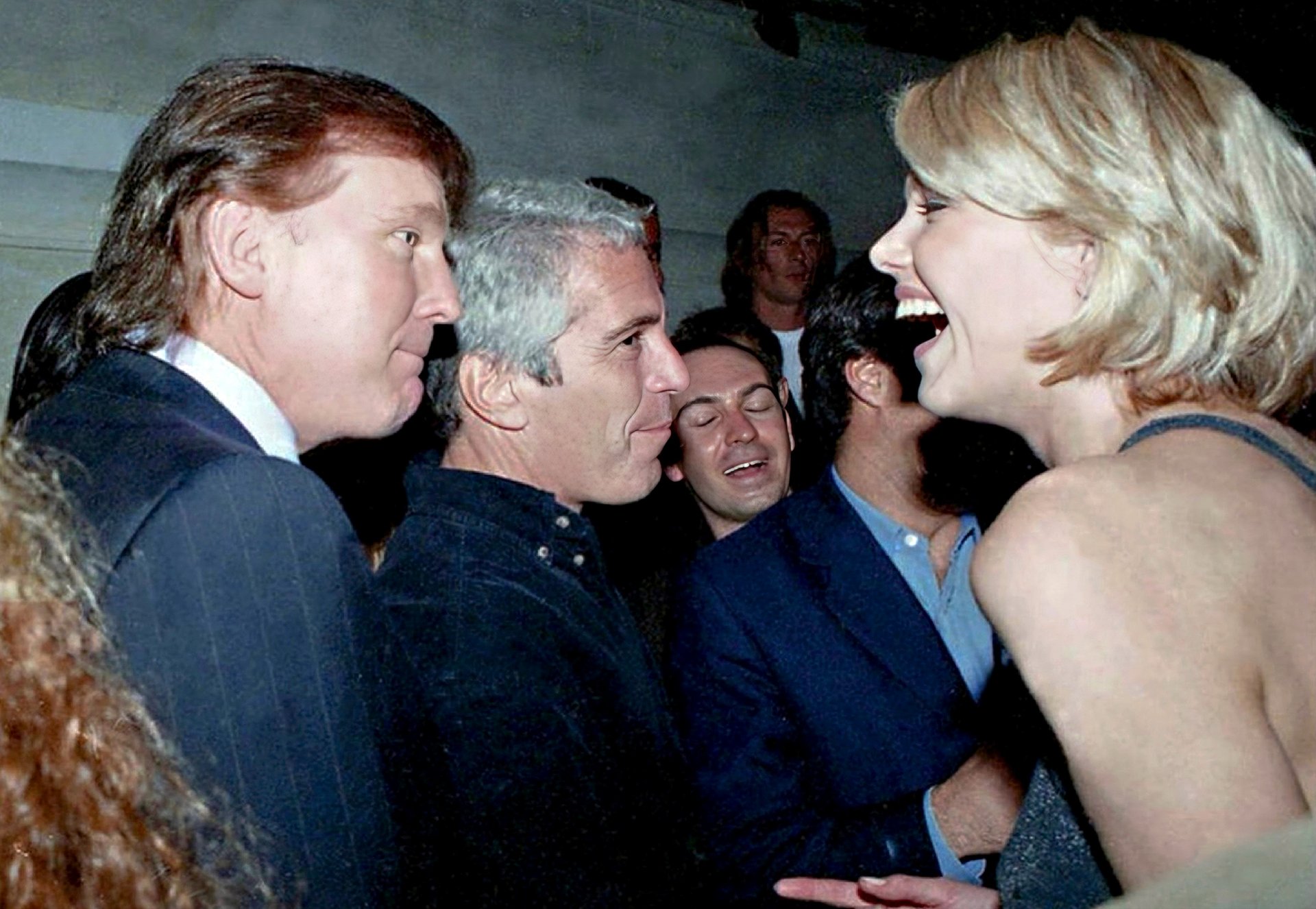Pavel in the Enemy's Heart
Czech Army General heads to the NATO elites. Petr Pavel was elected the new Chairman of the NATO Military Committee.
The Chief of the General Staff, Petr Pavel, becomes the new Chairman of the NATO Military Committee. Today, he was elected to the position at the committee meeting in Vilnius, Lithuania, according to the Czech News Agency. At this occasion, we unlock the profile of General Pavel.
There are just few people who could say they enjoyed everything they had been doing in their life. General Petr Pavel (52), the man with the highest position within the Czech Army, certainly belongs to the lucky ones. As a young paratrooper in the 80's, he was keen to learn to leak to the western enemy's rear and eliminate the opponents, later he enjoyed the duty with military secret services. And he was lucky even after the communist regime collapsed without a fight and the former enemies became our allies.
The strong-minded young man successfully graduated at several elite military schools in the UK and USA. During the Balkan mission, he rescued 55 besieged French soldiers from Serbian captivity, putting his life at risk, and as the first General Staff Chief in the history, he did not hesitate to quarrel with politicians about army budget cuts. Being currently at the top of his career, having a chance of gaining a high position in the NATO structures in Brussels, he is contemplating his performance and what will come next.


The “Westerner” image
General Pavel can by no means complain about lack of surprise. Even though his program is planned minute-by-minute long in advance, it is often being changed due to unexpected circumstances. “I'm on my way to the Parliament, the MPs have included into the agenda an item about the army and soldiers,” says Pavel early in the morning at the General Staff headquarters to the press representatives who were to accompany him to a large military exercise.
Though the journey had been arranged long in advance, finally, it had not been executed. Pavel seems to be one of the busiest men in the Czech Republic, right after the prime minister or the always-on-travel Minister of Foreign Affairs. Besides his governing the national army, he is in a permanent contact with politicians, he participates in the Army Chiefs meetings within NATO in Brussels or travels directly to the individual countries of the Alliance to arrange joint military exercises and other projects.
Among the often irritated officers of the army staff, who are usually unwilling to answer complicated or uncomfortable questions, or among the Ministry of Defense officers, Pavel looks almost like a supernatural person. He often rides a motorcycle on his way to work and his trained body and perfect physical condition stands out among his chubby colleagues. He also builds on his image of a “western” general. He speaks several languages fluently, downloads The Economist to his Kindle every week and is known for always taking down notes.
Pavel makes efforts to act as a nice guy even in the army. Whereas one of his predecessors in the position of the Chief, Pavel Štefka, was well-known for his hot temper (it is said that he used to bury chewing gum wrappings in the back seats of his limousine, so that the next day, he could give the drivers a roasting about the mess in the car), and for governing the army using a similar “power” approach, Pavel is described right the other way round by his subordinates. As a more-or-less man of consensus, a boss who does not yell, does not insult anybody and as one who has not yet become drunk with power.
This is also reflected in the fact that he does not avoid communication with media, nor with the public. He usually does not hesitate to answer uncomfortable questions and he is ready to meet repeatedly if there is anything unclear. Considering the fact that he has also made a good impression on his colleagues in NATO, his chances of crowning his career right at the top of the Alliance command are not low. Which is, on the other hand, an interesting paradox.
Goal-Awareness
Thirty years ago, at the beginning of his professional life, General Pavel would not have thought for a minute that his career might go in a different direction than to the army. His career was predetermined by the military career of his father who served in the elite units – as a member of the Military Intelligence, he was responsible for the so-called electronic exploration, i.e. for capturing and analyzing dispatches of western armies, who were perceived as the essential enemies by the totalitarian government. So, in his sixteens, Pavel started to study a military high school in Opava, and later the Military College in Vyškov.
Even in those times, and many times later, he showed increased goal-awareness. Pavel describes himself in this respect as a man who always wanted to “conquer the tops”, because he enjoyed the feeling of “having managed something the others have not”. Therefore, during his studies, when he asked himself the question of which military unit he wants to join, his choice aimed at the most demanding one: the paratroops.
His service at paratroops did not comprise just of a physically demanding training, in which he had to fight his way through endless miles of an impassable terrain at night, and again and again move from one place to another with a heavy full kit. Due to the fact that paras were trained for being committed in foreign operations and their task was to destroy the enemy – in those times mostly the NATO soldiers – they had to go through a very sharp selection, an important part of which was a confirmation of loyalty to the communist party.
In mid-eighties this choice laid in front of Petr Pavel as well. “The “red book” was a condition for my doing what I wanted to do. I took it as an overall fact. The other option was not to become a para, and for me, that meant not to be in the army at all. And that was something I did not want. I hadn't known anything else, I was born and brought up in the army,” says the General. But in one respect, he was different than his colleagues.
Whereas most of the other soldiers exercised hard and did not think of doing something else, Pavel carried English vocabulary on paper scraps in his pockets, and spent every little while of his free time with learning, even though he was mocked by his pals. The underlying element of Pavel's information lead was again his father, who as a member of Military Intelligence spoke fluently several languages and kept motivating his son and supporting his education efforts.
Later – in the course of 1989 – when Pavel got an offer to join the Military Intelligence as well, his strong-mindedness decided again. He saw the opportunity for further career development, and so he did not hang back. Nevertheless, he had not been committed to any specific operation. The communist regime fell and Pavel suddenly found himself on the other side of barricade. As he now says in amusement, “right at the heart of the enemy”. His excellent knowledge of English, which hardly anybody knew those days, pushed his career forward again: first, he was sent to a military intelligence training to Washington, D.C, and when the army intended to fill the position in the Military Attaché Office in strategically important Belgium (NATO headquarters) in 1994, Pavel was again the chosen one.
I report for duty
In the meantime, when Pavel was not engaged in military diplomacy, he did not hole up in the comfort of the General Staff, but he volunteered in several combat missions. His paratroop blood was boiling and he was longing for adventure. This brought him in 1992 in the midst of the bloody conflict of Balkan wars. Pavel fought here under the colors of UNPROFOR units, whose task was to maintain the delicate truce between Serbs and Croats, to mitigate conflicts and keep the enemy parties apart.
At one moment, at the turn of the years 1992 and 1993, he was faced with an unexpected challenge. First the Kenya peace units, and then even the French peace units with a similar mission as was that of the Czech ones, got into a difficult situation. Angry Serbs coming back from the battlefront besieged them in a closed space and there was a threat that they will shoot them down. Their rescue was risky, the UNPROFOR commander did not want to give a direct order to anyone, nevertheless, he started to inquire if anyone would volunteer.
Pavel was among the first ones to report. “We were near, I took it as a duty, they got into troubles,” he recalls. They put together a team of about sixty soldiers and headed for the action. They repeatedly came into fire, at one moment, the Serbs took Pavel and his colleagues captives and used them as living shields against the Croats. The Croats opened an artillery fire on them and the Czech rescuers escaped only with luck.
Then, complicated negotiations took place, in which Pavel made use of his intelligence experience. “I had to use various lies and tricks,” says Pavel. The deciding thing was that Pavel convinced the Serbs that he had not come to free the French captives, but that his intentions were to pick up Serbian civilians endangered by the Croatian army attacks in that region and take them to a safe place. It worked. The Serbs let Pavel and his people cross their lines and go to the region where the French unit was kept.
Pavel and his people started a risky venture: instead of Serbian civilians they immediately started to look for the Frenchmen. When he found them several days later, he pick them up and continued going for broke. On their way back, they ran through several Serbian control posts without stopping and finally, they managed to escape. Later, the operation was pronounced the greatest success of the Czechoslovak Battalion during the UNPROFOR mission and Pavel was honored by the French Minister of Defense.
Dying down hard
Pavel's readiness to risk had nevertheless always clear-cut boundaries. Whereas in the front lines, he never hesitated to risk his life, he treated things that potentially threatened the development of his positions with much better care. In the last decade, when the army was losing billions of crowns from the budget due to acquisitions of overpriced, unnecessary and many times also poor-quality technical equipment, while a lot of the deals had a corruption background, Pavel – in those days already a respected representative of higher army circles – has never spoken out against it.
He explains it by the fact that at the times of making the most problematic tenders, he worked abroad and did not have any real potential or energy to try to change things at home. Nevertheless, not even later, when he had the potential, did he come into conflicts which possibly could have resulted in the happy end of spared money, but which also could result in a collision with some powerful people. It came apparent in the dispute about military fuel acquisition. The fuel has been provided for a long time and for big money by the Administration of the State Material Reserves. Some time ago, this was to be changed by the decision of the chief of the National Armaments Office, Pavel Bulant. At first, he was supported by General Pavel, in those days already the Chief of the General Staff.
The day before meeting delegates of the National Armaments Office, Pavel had assured Bulant again that they will “go hard on them”, but at the meeting, he turned around. “At first, I had information about the problem just from a single source. In the course of the time, I managed to get more information and I realized that the long-term dispute is not just black and white and that we probably would not get the fuel cheaper anywhere else. Moreover, there was the threat that the other party would escalate the conflict and that they would stop the distribution at all, which would be a serious problem for the army,” says Pavel now in defense. But the point is that he did not try to negotiate harder at all.
The most often repeated backstage explanation says that Pavel just did not want to complicate his relations to his superior, General and later the Minister of Defense, Vlastimil Picek, who was present at the meeting and declared explicitly that he is in no way interested in the change of the provider. On the contrary, the fact is that there is no case publicly known yet in which Pavel himself would actively participate in any non-transparent dealings, which was a common practice at the General Staff earlier.
Nevertheless, it would not be correct to claim that Pavel was completely subservient to the politicians with a decisive power over his career. It was Pavel who at present, in spring, after the Russian occupation of Crimea, spoke out strongly as the first General Staff Chief in the history against the in the long term underfinanced army budget, when there is a threat of Czech Republic losing its defensive capacity and becoming totally unreliable in the eyes of its allies. Pavel's offensive now brings its first results.
Political parties move slowly towards an agreement that contrary to the original plans, they will provide some extra money for the army after all. If it really happens, which we will see soon, it may help Pavel with his candidacy to the post of the head of the NATO Military Committee, which is the current aim of the Czech Republic. It is an important post, on which he would chair all General Staff Chiefs of all the alliance countries and could influence considerably both the defense and attack plans of the Alliance, including the decisions regarding its reactions to current threats.
Defend the freedom
In this respect, Pavel now belongs in the NATO to the supporters of a concept described recently by a famous journalist and security expert Anne Applebaum in her article named “Masked Warfare”. Applebaum points out that the enemies of the West – for example the Russian leader Putin – will now more and more frequently attack their targets not in a conventional combat, but via supporting various well-equipped cutthroat gangs moving flexibly on the “enemy's” territory. At the same time, they will be prepared to adjust their strategy in accordance with the strength of resistance they will meet. And this is exactly what NATO, if it wants to be successful in defending western freedom and democracy, must adjust its further strategy to. Pavel sees the situation similarly.
“War begins at places where people are weak, this is what people like Putin make use of,” says the General in his workroom, where a painting of the first Chief of the Military Staff from the times of the First Republic, Maurice Pellé, hangs on the wall. “We must start thinking differently about defense. The times when a war was made at a long continuous front are over. Our mobility becomes crucial, our ability to reinforce special units able to operate quickly at any place, and first-rate intelligence information.”
Interestingly enough, if Pavel succeeds, he will come to the institution he had been fighting for years. This raises the question whether one can switch loyalties easily. And how? “We were taught that it is the West who is the aggressor, so I used to think that the first attack will come from there and I will defend what I consider worthy, I mean, our people, country, history, traditions – but not a specific political party. I don't perceive my past as a handicap because I have never addressed my loyalty to the governing party, but always to my people. If those times ever come back, I would be the first person to speak out against it. Today, in contrast to the past, I know the other option – freedom. I do not wish to serve in an army subjected to the power of a single political party ever more.” The elections to the post of the head of the NATO Military Committee will take place this autumn. If Pavel succeeds, he would be appointed at the beginning of the new year.
Translated by Jana Šindlerová
Pokud jste v článku našli chybu, napište nám prosím na [email protected].





